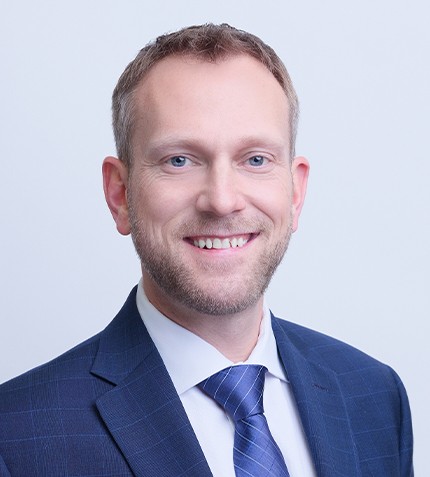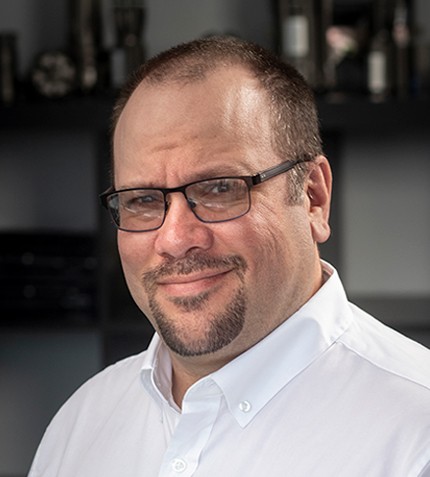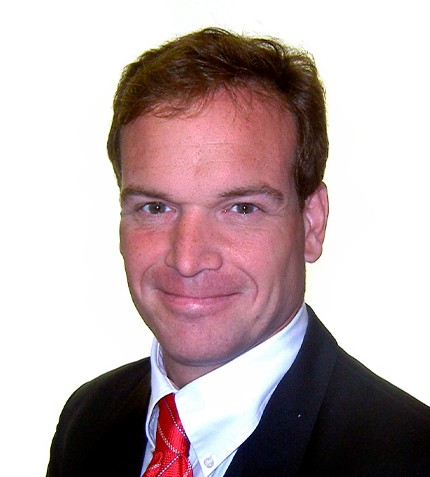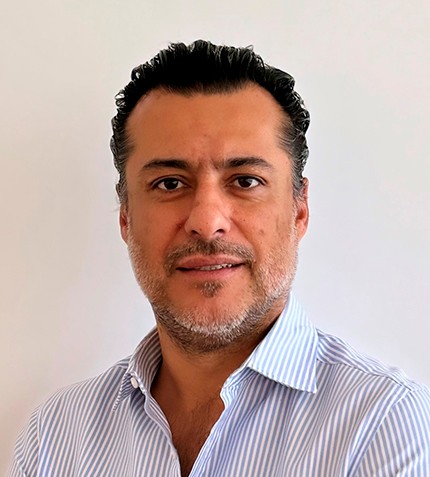
"Wajax and Hitachi are both putting extra effort into hiring and relocating people into Canada to support our mining customers."
Iggy Domagalski
PRESIDENT & CEO, WAJAX
Can you provide an overview of Wajax and its offering tailored to the mining industry?
Wajax was founded in 1858, and is one of Canada's longest standing and most diversified industrial companies. Mining represents 16% of our revenue, and we touch nearly all areas of the mining process including extraction, conveyors, crushers, grinders, and air, water and oil filtration services. Our capabilities enable us to provide full turnkey services ranging from work on motor gearboxes to repairing hydraulic cylinders and pumps. Specifically pertaining to open-pit mining, Wajax is the exclusive Hitachi representative in Canada, so we provide Hitachi shovels, loaders and trucks. For underground mining, we offer a suite of roof bolters, scissor trucks and boom trucks. We also have a business focused on servicing, fixing, and doing any other aftermarket services needed for engines and transmissions.
Given Wajax’ position as a barometer of the industry, how would you characterize the overall health and progress of mining projects across Canada today?
From Wajax' perspective, mining has been our most resilient sector since the pandemic began. If you consider that most commodities are taken out of the ground with shovels, and that many commodity prices have risen substantially, Canada was a net beneficiary, specifically in coal, metallurgical coal, oil sands and gold. All of these miners are our customers.
What are the biggest pain points Wajax alleviates for miners in Ontario today?
From our customer’s perspective, climate change, carbon footprint, labour shortages and worker retention represent the most significant concerns. Workforce turnover presents a significant challenge because there are safety concerns as a result of lost institutional knowledge. This trend is forcing relatively new employees who are not familiar with safety culture to teach newer employees about something they do not yet fully understand. The same problem exists in the technical areas of the business. Consequently, Wajax’ customers now lean more heavily on our workforce to fill knowledge gaps. That allows us to double down on our technical efforts and ensure that we invest in factory training. Wajax and Hitachi are both putting extra effort into hiring and relocating people into Canada to support our mining customers. If you offer more than just a great product, it is more likely that a customer will stick with you.
How do ESG concerns affect the product portfolio you offer to your clients?
ESG is a top concern for our customers, and there is a balance of management of operational and financial goals while also achieving ESG targets. We often see our mining customers thinking in terms of the broad picture. It might cost them a bit more to invest in electrical or more technologically advanced equipment, but they have certain environmental and sustainability benchmarks they need to hit. If they don't invest in these benchmarks, they risk losing license to operate, be it social license or actual operating license. It’s about balancing the profitability of today versus the long-term viability of the whole operation.
In addition to cost and ESG considerations, there are several technical factors customers must contemplate that are specific to their needs. For example, a mining excavator running on diesel is more capable of being moved within the worksite than an electric excavator, which requires a connected power line. As you move the electric excavator, the power line needs to be moved accordingly, which leads to additional challenges surrounding the availability of your power source and how it's being delivered to the mine.
Regardless of the customer requirements Wajax is able to identify and offer the most appropriate equipment and services available.
Do you have a final message for GBR readers?
We are a customer-focused company, so our goal is to continue supporting all of our customers. Each has a unique plan with respect to safety, production and carbon footprint that is constantly evolving. With that in mind, we are focused on constant, consistent growth that allows us to help them achieve their goals, while continuing to build our own culture that attracts the highest quality talent to serve them.










